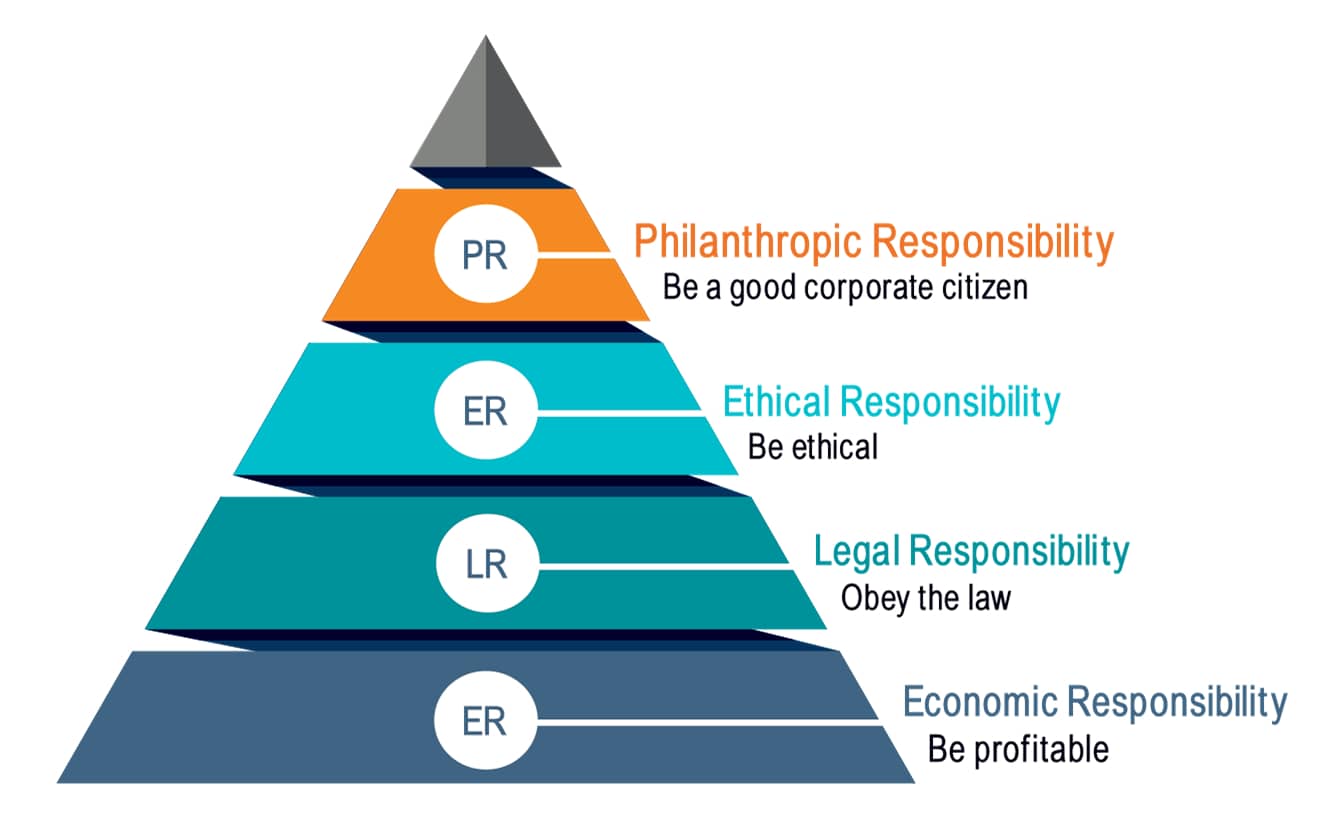The modern definition of philanthropy describes it as a private initiative, which is used for the public good and is focussed on improving the quality of life. It is a noble effort and is one that brings relief and joy to a large sect of underprivileged citizens. India has maintained a strong philanthropic momentum, which has been steadily growing over the years.
In a report on Indian philanthropy, released by consulting company Bain & Company in 2019, private funding for philanthropic efforts increased by 10%, while private funding for the same increased by 15%. But the largest increase in funding came from individual philanthropists, where there was a 21% growth.
India’s philanthropic efforts are currently following an intention to fulfil the SDG’s (Sustainable Development Goals), which are global goals, locally owned by 193 countries across the world, including India. These SDG’s help by providing a uniform metric for every country to measure and compare their philanthropic growth. They have identified 17 goals and advocate for a bold, sustainable development that focusses on people, the planet, peace and prosperity.
According to the Bain & Company report, despite the current funding patterns, India will face a shortfall of USD 60 billion, if it is to achieve even 5 of the 17 goals before 2030.
Issues With Philanthropy
While philanthropy is a highly noble movement, there are a number of issues associated with it. One of the biggest issues is that just having a charitable hand and mind does not always ensure that the donation made in the name of a social cause will reach its intended target.
Another problem is that many philanthropists believe that plying money to the cause will eliminate the problems altogether. But in fact, doing this does not help empower the underprivileged, and does not eradicate the root cause of their problems. Social reforms need a long-term plan and need to become sustainable in the long run. That is why it is crucial to incorporate several defining changes in the strategy of operating and developing social causes.
A lack of knowledge about sustainable practices and management operations has slowed down a number of philanthropic efforts across the country. Due to this, many social causes splutter out of existence upon depletion of the starting investment. While it has been a widely accepted notion that social organisations need more than money to run long-term, it is now that philanthropists are looking at different sources and practices to make their causes self-supporting.
Partnership With The Government
The government is the largest contributor to social funding in the country and additionally is the biggest supporter of public welfare. Partnership is an extremely advantageous concept, and in this case, partnering with government agencies can help social organisations reach a larger mass of people.
Bringing social change is the main goal that all philanthropists set out for, which cannot entirely become possible without change occurring at the grass-root level. An association with the government can be of high benefit here. When the government supports a cause, it shows that the nation, on a whole, is serious about pursuing the said cause and will make definitive efforts to keep the progress sustained.
Donating is not always the answer while considering social change, it is far more important to bring in reforms to tackle the problem at the roots. Supporting positive changes in administrative, legal and educational institutions will help bring reforms, changes and empowerment, and including governmental support is the first step required to get started.
Views of the author are personal and do not necessarily represent the website’s views.
 Rohit Shelatkar is the Vice President at Vitabiotics Ltd., one of UK’s fastest-growing vitamin company that has manufactured innovative healthcare supplements for over 48 years creating a unique portfolio of products. He is a health and fitness enthusiast. Along with healthcare, he is highly invested in philanthropy and runs the Grand Maratha Foundation.
Rohit Shelatkar is the Vice President at Vitabiotics Ltd., one of UK’s fastest-growing vitamin company that has manufactured innovative healthcare supplements for over 48 years creating a unique portfolio of products. He is a health and fitness enthusiast. Along with healthcare, he is highly invested in philanthropy and runs the Grand Maratha Foundation.
For more articles from the author, Click here.
Thank you for reading the column. Please drop a line and help us do better.
Regards,
The CSR Journal Team


